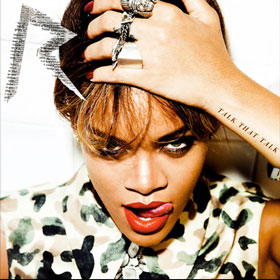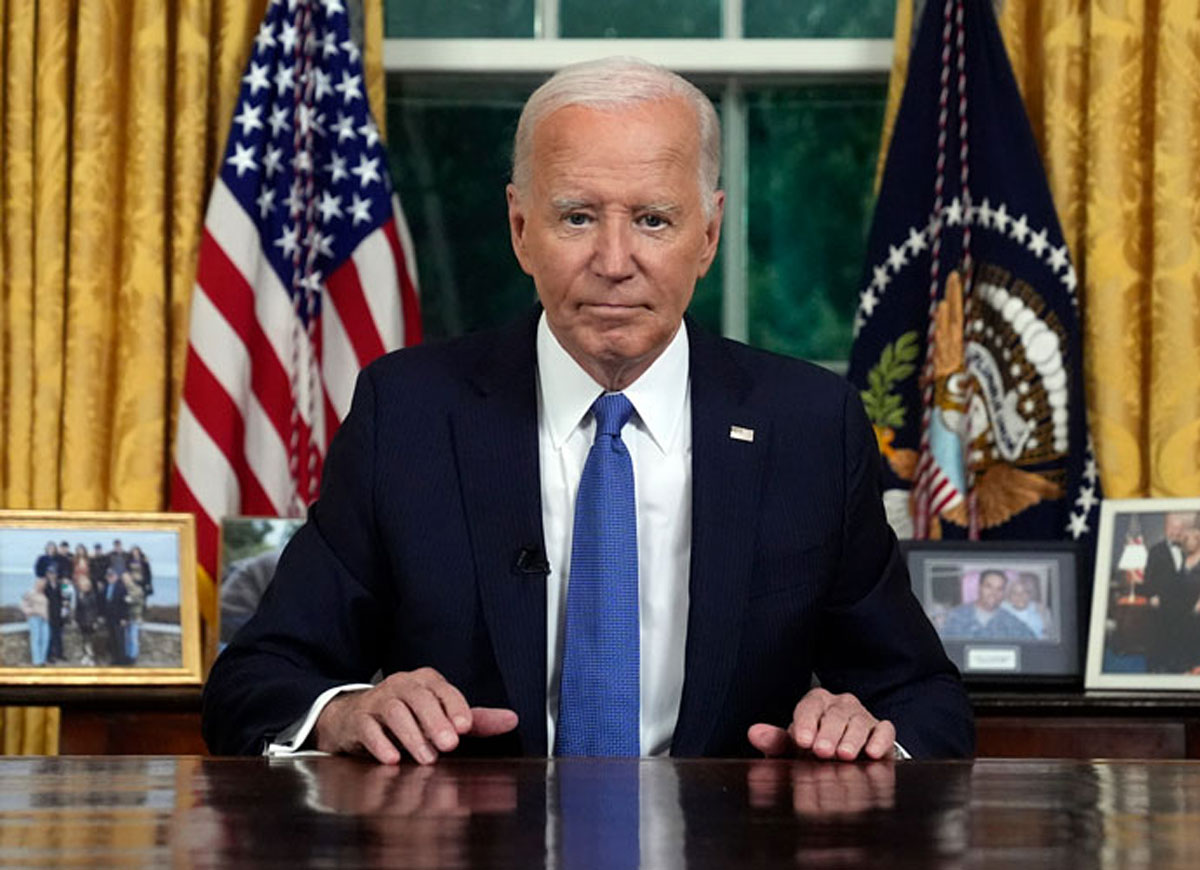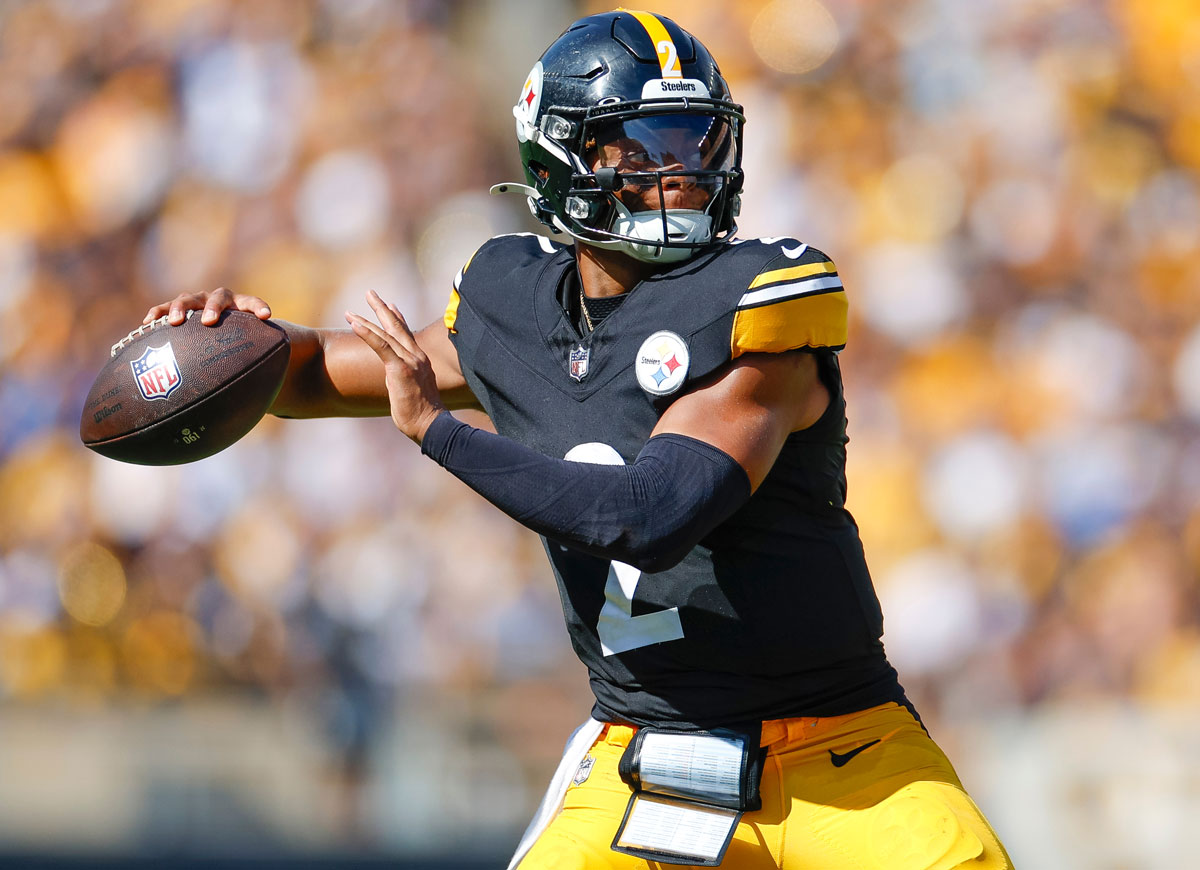Talk That Talk by Rihanna

4/5
Talk That Talk, Rihanna's latest album released November 21, is a perfect pop album and a shot across Beyonce's bow. Not that the album is better than Beyonce's 4 (released earlier this year), and not that the two artists compete in the way that Britney and Christina did. In fact, Talk That Talk benefits heavily from the presence of Beyonce's husband Jay-Z, who raps on the salacious title track. No rivalry here, just two women who dominate the world of female pop superstardom.
The similarities are striking. Beyonce and Rihanna are both beautiful; they are both exotic looking with exotic, singular names; they both have powerful voices that only get stronger with production (as opposed to Katy Perry, who seems to need auto tune, and Gaga, who would do better without it); and they are both virtual hit factories. Both even seem to stutter when it comes to describing objects that belong above the head (halos and umbrellas), perhaps indicative of the idea that nothing comes above their voices.
But there is one difference that is even more striking—Beyonce is now 30 years old and has been a force in music for over a decade, and while Rihanna seems like she has been around forever too, she is just 23 years old. With Talk That Talk, Rihanna is positioning herself to stand alone atop the pop world, the second coming of Madonna.
On Talk That Talk Rihanna wavers between two images—the bad girl prowling for sex and the not-quite-virginal girl who only wants to find love. She cultivates both extremely well. The songs shift from pumping dubstep to ballads that demand the adjective "soaring" no matter how badly a writer may want to avoid that cliché. Rihanna even samples the song "Intro" from British indie duo The XX to incredible effect.
On the opening track Rihanna declares that she has found "The One" but adds, "You are the one, so I make sure I behave." The girl that needs to behave is the one who later sings, "Suck my cockiness, lick my persuasion" over a nasty club beat. Despite the vamp that lurks in the few sultry corners of the album, the dominant theme seems to be the desire for something longer lasting, for there is a Rihanna that sings, "I can pretend that I'm not lonely, but I'll be constantly fooling myself… I'll give every dime I have left, to have what I've only been dreaming about."
Endurance seems to be the theme with Talk That Talk. The lyrics on the album speak to endurance in love, while the marketing of the album speaks to endurance for Rihanna's iconic status. The digital booklet included with the album features pictures of Rihanna that stylistically channel several of Madonna's phases, most notably her "Borderline" era. And the video for the first single, "We Found Love" is a tour de force, a return to the kind of musical imagery that made MTV so great once. In it, Rihanna plays a club kid—drug addled and love struck—alternating between the public sex of a couple who crave each other, the corporate partying of a generation of kids seeking meaning in raves, and the strung out-ness of someone who steps just a hair too far across the line in the search for new highs.
All of these states have as their main thrust a reach for ecstasy, and ecstasy saturates Talk That Talk. Everything about the album reaches for ecstasy, from the production, to the singing, to the imagery associated with the album, efforts that cement Rihanna’s status as the future, if not current, queen of pop.
RELATED ARTICLES
Get the most-revealing celebrity conversations with the uInterview podcast!





Leave a comment